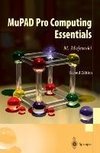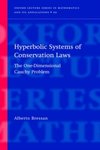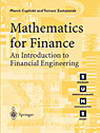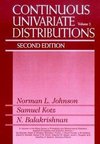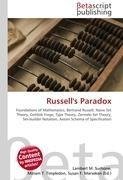
Russell's Paradox
In the foundations of mathematics, Russell's paradox (also known as Russell's antinomy), discovered by Bertrand Russell in 1901, showed that the naive set theory of Frege leads to a contradiction. It might be assumed that, for any formal criterion, a set... Viac o knihe
Produkt je dočasne nedostupný
30.80 €
bežná cena: 35.00 €
O knihe
In the foundations of mathematics, Russell's paradox (also known as Russell's antinomy), discovered by Bertrand Russell in 1901, showed that the naive set theory of Frege leads to a contradiction. It might be assumed that, for any formal criterion, a set exists whose members are those objects (and only those objects) that satisfy the criterion; but this assumption is disproved by a set containing exactly the sets that are not members of themselves. If such a set qualifies as a member of itself, it would contradict its own definition as a set containing sets that are not members of themselves. On the other hand, if such a set is not a member of itself, it would qualify as a member of itself by the same definition. This contradiction is Russell's paradox.
- Vydavateľstvo: Betascript Publishers
- Formát: Paperback
- Jazyk:
- ISBN: 9786130310394

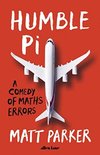
 Anglický jazyk
Anglický jazyk 
